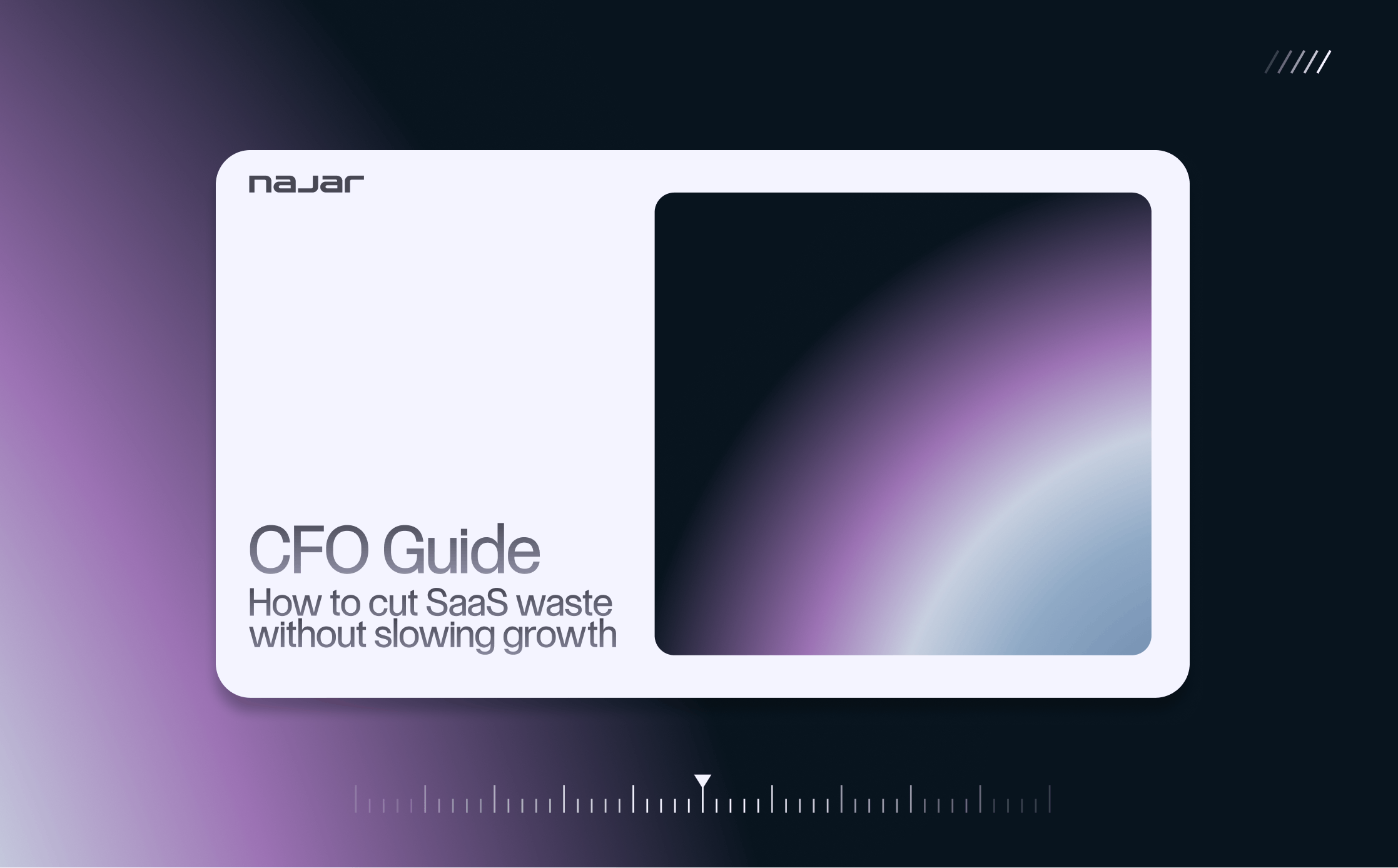How do you negotiate a lower price with a SaaS provider without offending them during the purchase?
Negotiation is one of the ways companies can reduce cost, increase cash flow and improve margins. Buyers will always want to reduce costs while maintaining the quality of service offered; suppliers, on the other hand, will always want to increase their margins.
Given the divergent goals, your best options as a buyer will be to either strike a balance or to reach an agreement on a discount without offending the sellers. But, given that you are on a tight budget, how can you negotiate without offending your sellers? We tell you all about it here.
Negotiating a lower price: what terms to keep in mind?
Negotiating a SaaS contract is the first step in ensuring quality service for your business. The benefits of a SaaS contract include cost-effectiveness, reduced setup time, an intuitive user interface and improved performance.
However, when agreeing a contract, you should have a clear goal and follow a standard operating procedure (SOP). Settle a customized rate plan, preferably for the long term. Also, be aware of future hidden costs.
When it comes to service features, start with a basic plan. You can choose to improve it later. Also, check if the vendor offers you the option to reduce your expenses in case of a recession. Overall, make sure that your data security is sufficient and that you can back up your data at any time.
Build a termination clause into the contract. Imagine that you don't like the provider's service after using it for a while. In that case, can you opt out of the contract? This flexibility is necessary to allow you to switch to another SaaS company that will offer you quality services. Some contracts even include a penalty if the desired services are not provided.
How can you avoid offending the vendor or SaaS provider during the purchase?
While you must look after your own company's interests, you must not lose sight of the other's. Both parties often have conflicting interests: a buyer wants to spend less while a seller wants to earn more. A successful and long-lasting partnership can only be built on mutual respect and consideration of each party's constraints.
Know how to talk to the vendor
Want to earn a supplier's respect? Let’s see some tips. Know the lingo. Understanding industry-specific language can come with a learning curve, but once decoded, the negotiation process suddenly becomes more manageable as all parties involved speak the same language. Also, using respectful language to counter will get you far. For example, "I didn't think this amount would be this high. Is there any way to adjust the proposal so I can stay within the budget?" can go much further than "This price is really excessive. Lower it or I will shop elsewhere.
Don't be arrogant or condescending
During the negotiation, tempers can flare. Always keep your cool and avoid taking offense. You want to make it clear that you are knowledgeable and have negotiating skills, but you must avoid patronizing the sellers or acting like a know-it-all. By maintaining a calm, confident and pleasant demeanor, you are setting yourself up for success.
Define clear terms during the negotiation
It is important to maintain a professional tone when explaining the terms of your counteroffer to the supplier. This allows them to be well informed of your position without feeling threatened. Here are some other tips. For example, try to explain that you would not be able to purchase their product or service without a discount. It is often beneficial to use an apologetic tone when explaining your terms. This helps you express your interest in the product.
How to propose a reasonable amount to the SaaS provider?
If you ask too much of your SaaS provider, they may decide to stop working with you, or invest less, which will ultimately hurt you. Making unreasonable demands in terms of price in relation to the market does not make for a good deal.
Know what you want from the contract
Specificity is the key to a successful negotiation. Never put yourself in a situation where you plan to browse and pick out what you want on the spot before you negotiate a lot. Determine exactly what you want, whether it's the pricing model, features and other details before you go to negotiate.
Being sure of what you want helps you make informed decisions throughout the negotiation process. It also gives you an aura of confidence and knowledge that may encourage the sellers to offer a lower proposition.
Find out the retail value of the product
Check out the price of your target item with different vendors on the market. Using this information, set a realistic target valuation range. It is reasonable to aim for a 10-30% cost reduction. Getting a 70% discount is rarer but sometimes possible depending on the vendor.
You will also need to understand quality variations; as most vendors will try to justify higher product or service costs with better quality. For most vendors, it is cheaper to keep existing customers and more expensive to find new ones. A supplier's fear of losing you may be a lever that makes them more likely to lower their amounts. Understanding what existing and new customers cost them can help you during the deal.
Get quotes from other SaaS providers
Competitive prices are a contractor's best friend. Therefore, always ask for at least one additional quote from other suppliers on the market before negotiating.
In the case of a software purchase, for example, make a list of all the operating terms and other services you want. Give this list to other SaaS providers to quote. Then evaluate the price. This technique will let you know when a vendor is quoting you a better price or a higher price and what price would be more reasonable.
Making an offer that is too "low" can sometimes insult a seller. It can indeed lead him to refuse to deal with you afterward. The amount of your first offer must therefore be a balance between securing the property at the best possible price, and presenting a credible offer that is not offensive to the sellers.
In fact, honesty and transparency are best practices when it comes to negotiating professional contracts. Let the vendor know that quotes have been requested from competitors and that the best offer will be awarded the contract. If all goes according to plan, the vendor will reduce the initial cost quoted, offer better terms or come back with some other form of benefit.
Set a price limit before the deal
After getting at least one quote from a SaaS company as a customer, try to set your price limit accordingly, before you go to settle the deal. Setting a limit in advance will allow you to be precise during the negotiation. Your arguments will also follow the logic and be based on data collected beforehand.
Your price limit as a buyer is the maximum amount you are willing to pay to make the purchase. Do not exceed it! If you are planning to buy for €15k, make your first offer below €15k.
When can negotiation help or hinder a company-supplier relationship?
The key is to avoid over-negotiating. This can happen for a variety of reasons: giving a list of "requirements" that fundamentally change the nature of the contract, waiting until the last minute to introduce a new condition or other operating terms in the case of software purchases, for example, or simply countering too often with a low bid.
Indeed, if the vendor simply walks away from the contract or lets you know that they think another vendor would be a better "fit," it may be a sign that you've over negotiated. In some cases of last-minute negotiations, if the vendor was counting on your company to meet its revenue goals, it may have no choice but to accept your offer.
There is always a "wound" that results; if you have made a new condition or countered at the last second, he may never forget the situation you put him in. This can lead to him not signing any more contracts with you next time.



